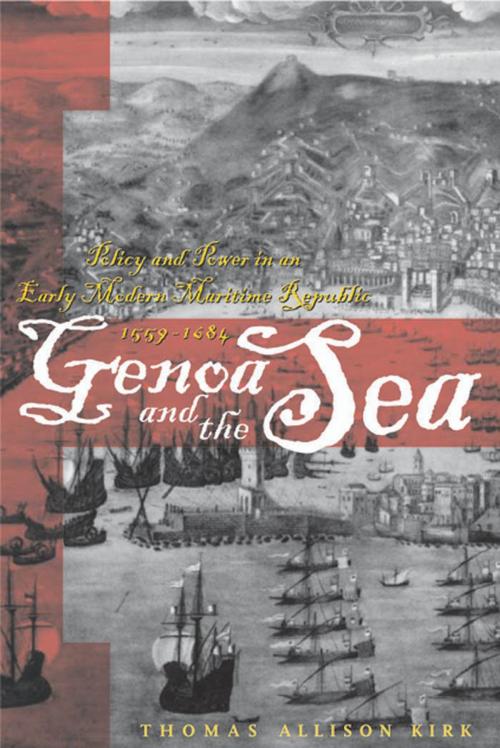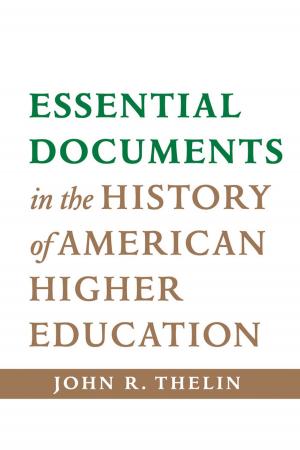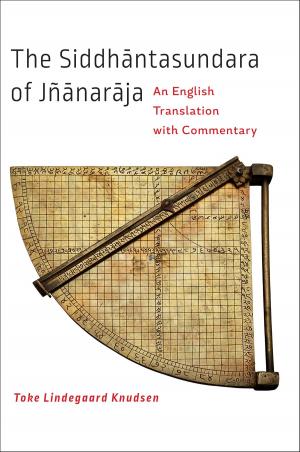Genoa and the Sea
Policy and Power in an Early Modern Maritime Republic, 1559–1684
Business & Finance, Economics, Economic Development, Nonfiction, History, European General| Author: | Thomas Allison Kirk | ISBN: | 9781421412702 |
| Publisher: | Johns Hopkins University Press | Publication: | January 3, 2013 |
| Imprint: | Language: | English |
| Author: | Thomas Allison Kirk |
| ISBN: | 9781421412702 |
| Publisher: | Johns Hopkins University Press |
| Publication: | January 3, 2013 |
| Imprint: | |
| Language: | English |
Genoa enjoyed an important and ever-changing role in the early modern Mediterranean world. In medieval times, the city transformed itself from a tumultuous maritime republic into a stable and prosperous one, making it one of the most important financial centers in Europe. When Spanish influence in the Mediterranean world began to decline, Genoa, its prosperity closely linked with Spain's, again had to reinvent itself and its economic stature.
In Genoa and the Sea, historian Thomas Allison Kirk reconstructs the early modern Mediterranean world and closely studies Genoa's attempt to evolve in the ever-changing political and economic landscape. He focuses on efforts in the sixteenth and seventeenth centuries to revive shipbuilding and maritime commerce as a counterbalance to the city's volatile financial sector. A key component to the plan was a free port policy that attracted merchants and stimulated trade.
Through extensive research and close reading of primary documents, Kirk discusses the underpinnings of this complex early modern republic. Genoa's transformations offer insight into the significant and sweeping changes that were taking place all over Europe.
Genoa enjoyed an important and ever-changing role in the early modern Mediterranean world. In medieval times, the city transformed itself from a tumultuous maritime republic into a stable and prosperous one, making it one of the most important financial centers in Europe. When Spanish influence in the Mediterranean world began to decline, Genoa, its prosperity closely linked with Spain's, again had to reinvent itself and its economic stature.
In Genoa and the Sea, historian Thomas Allison Kirk reconstructs the early modern Mediterranean world and closely studies Genoa's attempt to evolve in the ever-changing political and economic landscape. He focuses on efforts in the sixteenth and seventeenth centuries to revive shipbuilding and maritime commerce as a counterbalance to the city's volatile financial sector. A key component to the plan was a free port policy that attracted merchants and stimulated trade.
Through extensive research and close reading of primary documents, Kirk discusses the underpinnings of this complex early modern republic. Genoa's transformations offer insight into the significant and sweeping changes that were taking place all over Europe.















